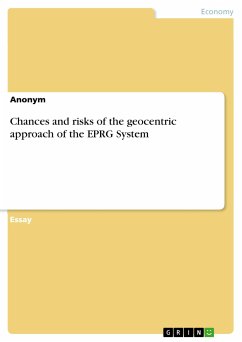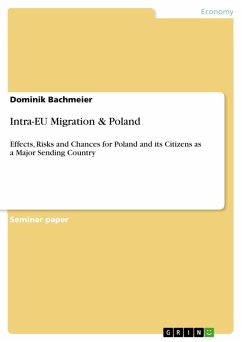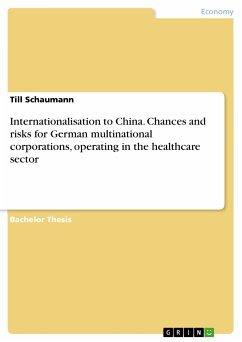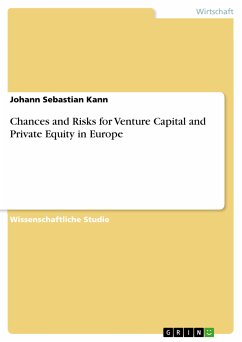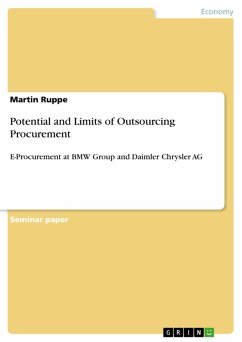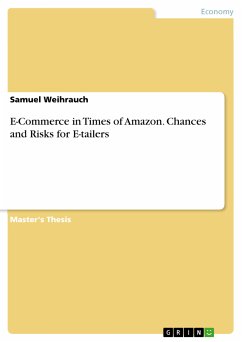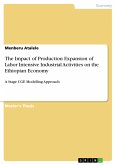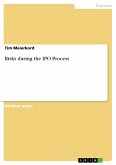Essay from the year 2020 in the subject Leadership and Human Resources - Miscellaneous, grade: 1,7, University of applied sciences, Düsseldorf (eufom Business School University of Applied Sciences Study Centre Düsseldorf), course: Human Resources & Leadership, language: English, abstract: What should the company's global management strategy look like? In this essay, we will first discuss the forms of strategic employee assignment, then introduce the popular EPRG concept by Howard V. Perlmutter, which refers to international management. The geocentric approach of this concept is examined in more detail. Finally, a practical example of the geocentric approach based on IKEA is explained. Competition is becoming increasingly fierce in individual countries and sectors. Companies are required to adapt to the current changes in the market in order to remain competitive. And not only that, companies must also offer services that meet the requirements of their customers and stand up to the competition. Many companies must therefore expand their activities beyond their domestic borders and orientate themselves internationally. Opening up new markets, expanding business activities, exploiting locational advantages (such as tapping global resources, lower labour costs or lower tax burdens). „A company that wants to survive in the global competition of forces in the long term must increasingly send employees abroad.“ „To be able to operate successfully worldwide, a company needs employees who, in addition to all their skills and abilities, are also prepared to go abroad for the company.“ These statements make it clear that a majority of employees are expected to think globally and that they are aware that foreign assignments may occur. This increase in the globalization and internationalization of companies is changing the requirements for communication between the company's divisions and for human resources management. The resulting spatial and cultural distance between the parent company and the foreign company requires a strategy.

